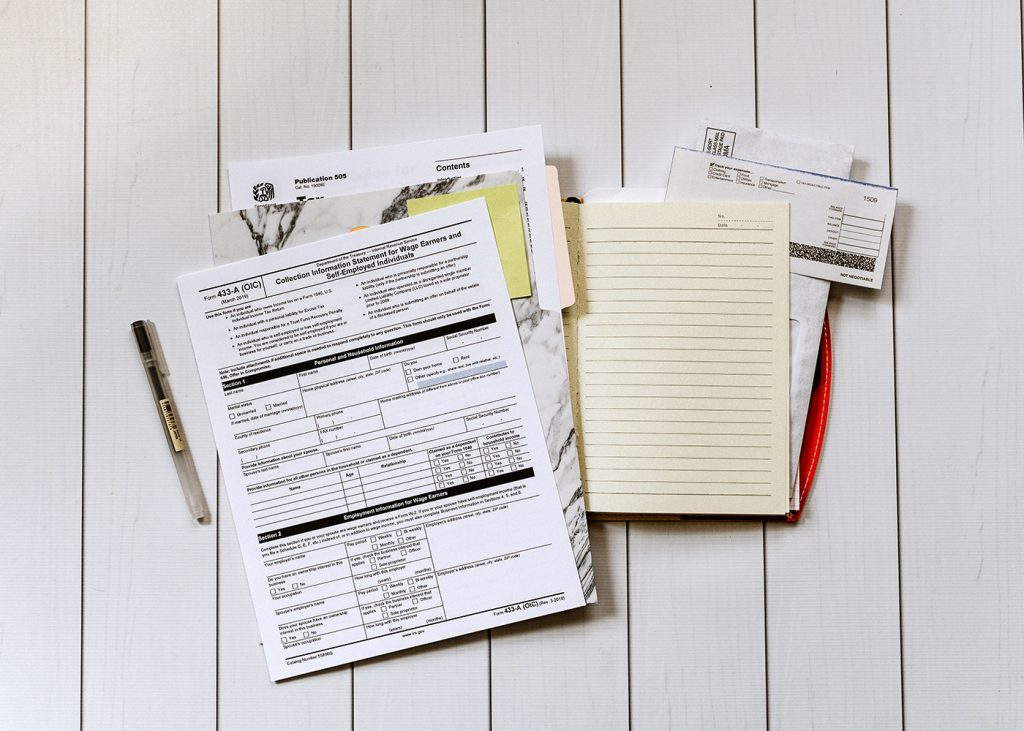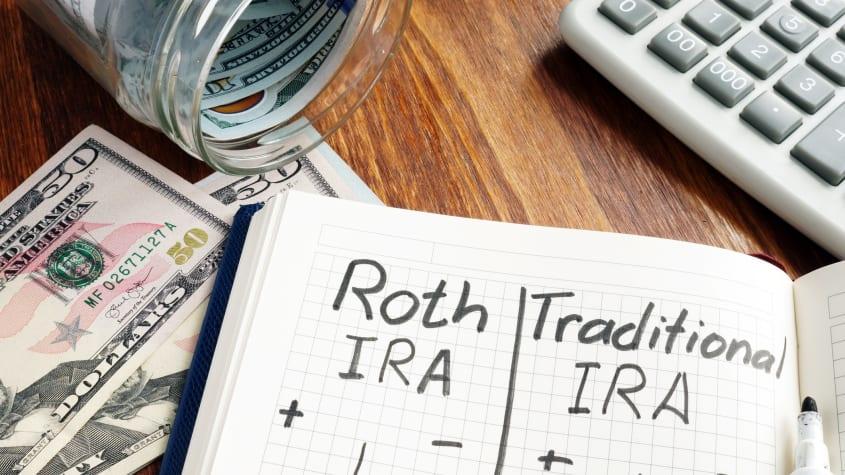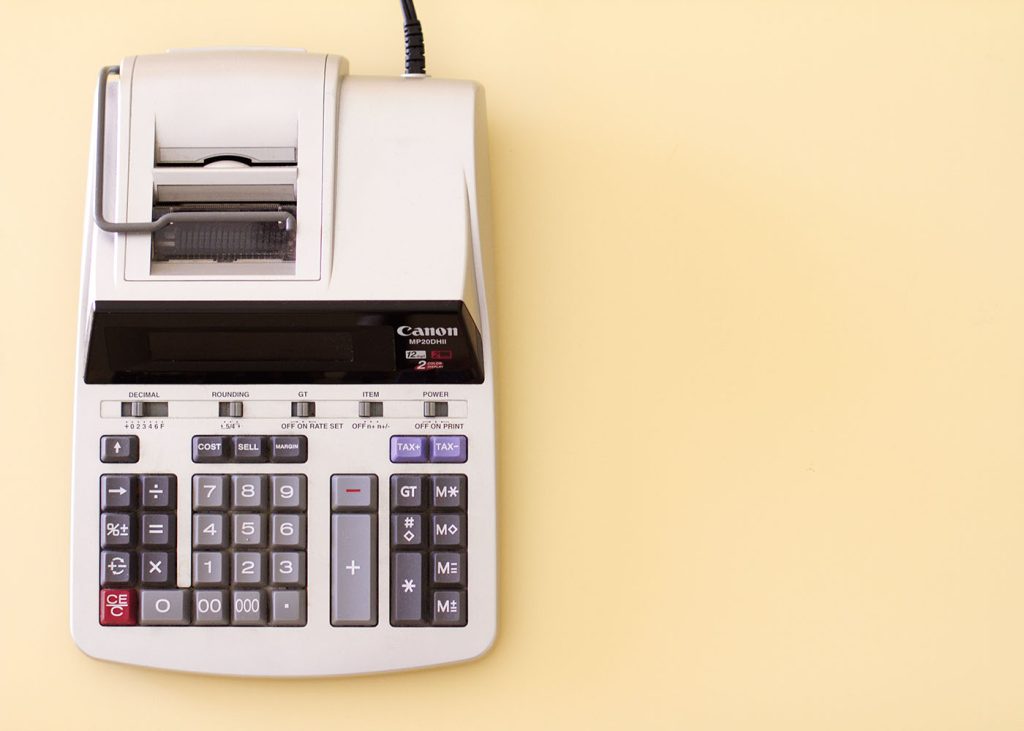Just entering the workforce or winding down toward retirement – it doesn’t matter where you are in your career, it’s likely COVID-19 has made its mark on your professional and financial life. But for those between the ages of 62 and 70, you have the opportunity to begin claiming your Social Security benefits, whether you were planning to or not. This “safety net” of sorts could be an appealing opportunity to replace the income you may have lost due to the current pandemic, but this is a decision that shouldn’t be taken lightly. Review the considerations below, and talk to your financial planner to determine which may be the right option for you as you navigate these uncertain times.
Considerations to Make Before Taking Social Security During COVID-19
If you weren’t already planning on claiming your Social Security benefits soon, then take the time to review your other options first. While you’re eligible to begin receiving benefits at age 62, every year you wait until age 70, your benefits will increase. While it’s tempting to take the money now, you could be missing out on thousands of dollars in future Social Security benefits.
Is There Other Income I Can Use?
If you’ve been saving diligently for retirement, you may already have the funds tucked away to get you through the foreseeable future. Review your 401(k) and IRA accounts, and remember to account for income through any pension plans you may have through work. After taking stock of these accounts and any emergency funds you have saved away, you may determine that claiming Social Security benefits early is not necessary. Even putting off claiming your benefits by six months or a year could make a considerable difference in your future benefits.
It’s also important to consider that if you’re earning less now than you were in previous years, you’ll likely be in a lower tax bracket come tax season 2020. This would make now an advantageous time to tap into your retirement savings accounts, as your tax obligation on this income may be lower than if you had worked full-time in a normal year otherwise.
Have I Applied for Unemployment?
The CARES Act was passed at the end of March in response to the detrimental financial impact COVID-19 has had on Americans. As a part of this legislation, the government boosted unemployment benefits, offering eligible unemployed individuals an additional $600 per week for four months on top of their normal benefit amounts. In addition, this bill allows unemployed individuals to receive benefits for an extended period of 13 weeks.1
If you were laid off or furloughed as a result of COVID-19 and have yet to look into receiving unemployment benefits, you may want to do so immediately. This income may be sufficient in covering your expenses until you’re able to work again.
What if My Other Options Are Limited?
It may be necessary to begin claiming Social Security benefits early if you’ve exhausted other resources, or you don’t have much savings to begin with. For example, your primary alternative may be to remove funds from your portfolio. But with the onset of COVID-19, markets are volatile and values have dropped significantly. If at all possible, it may be better to leave your assets where they are as long as possible in an effort to recoup recent losses. Either way, this is a decision you’ll want to make with your financial advisor first.
In another instance, if your only other alternative is to rack up high-interest debt, taking the Social Security benefits early is almost always going to be the preferred choice. Falling into a deep hole of debt is not an easy position to overcome, and it’s not an ideal way to start your retirement.
Important Notes About Taking Social Security Early
If you do choose to take Social Security early to help ease the financial burden of losing your job, there are a few important things to remember.
The Impact of Working While Receiving Social Security
What happens if you begin claiming Social Security, but you get your job back? If you begin working again or find a new job, you may be subject to having a portion of your benefits withheld. This would be based on how much you are making above the SSA’s exempt limit. The SSA uses a retirement earnings test to help determine this amount.2
Withdrawing Your Application to Receive Social Security Benefits
You could choose to withdraw your application for benefits within 12 months of becoming entitled to retirement benefits. For example, say you’ve chosen to take benefits now in the midst of COVID-19 because you were furloughed or laid off. A few months from now, your financial situation has turned around and you’re earning again. With some careful consideration, you could choose to withdraw your application.
This would mean you’d stop receiving Social Security payments, and it’d essentially “reset” them. Any future date you choose to begin receiving them again, that would be the date that determines how much you receive. If you choose this route, however, it’s important to note that you would be required to pay back any benefits you had already received.3
While claiming Social Security benefits now to address your sudden loss of income may be tempting, it’s important to take some time and consider all of your options. It may be the best move for some, but others could be robbing their future retirement without a need to. If you find yourself in this difficult position, work with your financial planner to find the right option for you and your spouse.




